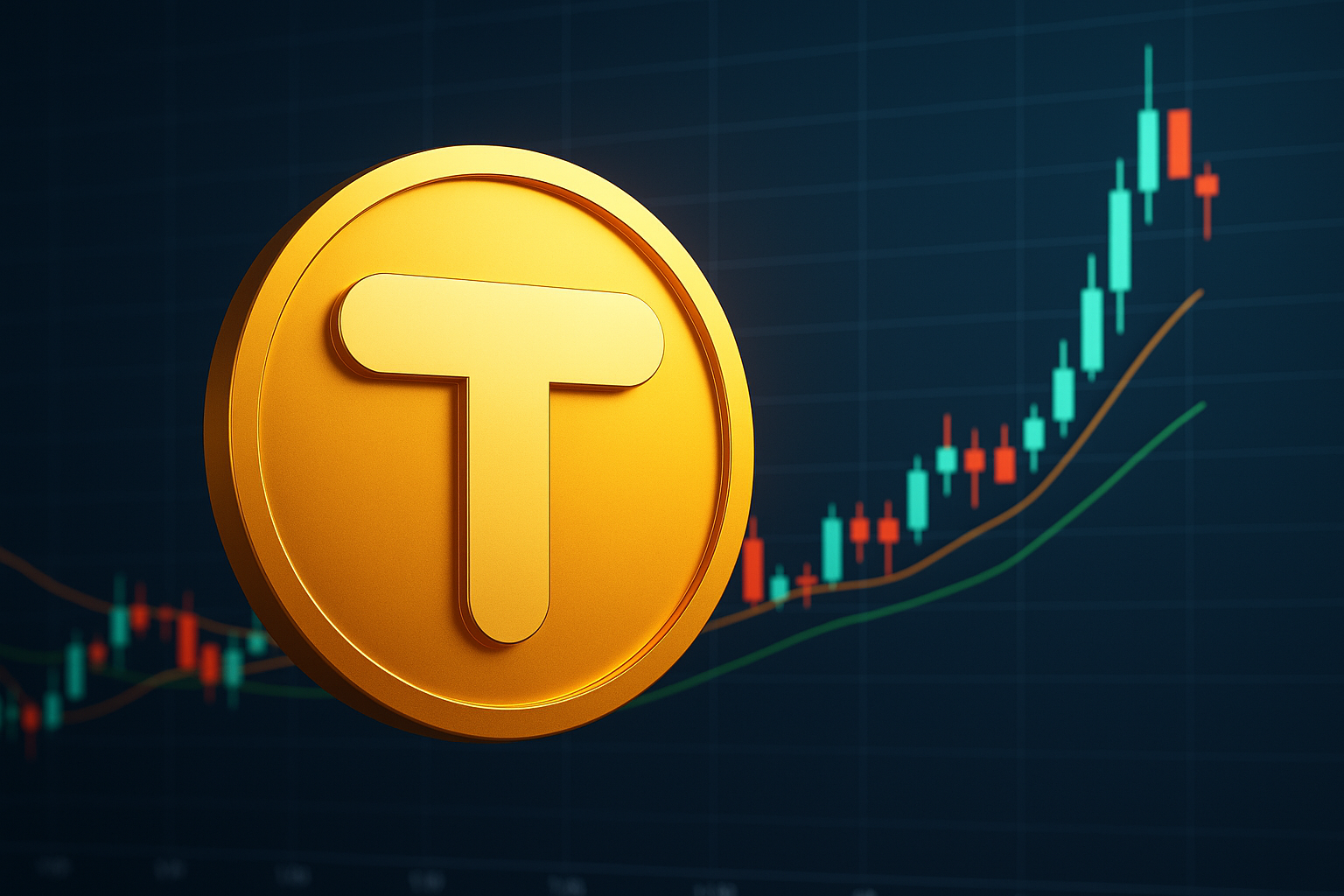Get ready, wallets! Bitcoin miners in the U.S. could be gearing up for a frantic rush to buy new mining equipment. The reason? A 90-day suspension on tariffs announced by President Trump has opened a rare window of opportunity—though it doesn’t entirely level the playing field for American miners.
Miners Take Advantage of Brief Break to Upgrade Their Rigs
Trump has temporarily lifted many of the heavy reciprocal tariffs until July 8, but a baseline 10% tariff remains in place for most countries—except China, which is facing a staggering 145% rate. According to Jaran Mellerud, CEO of Hashlabs, while the 10% rate is far more manageable, U.S. miners are still at a “clear disadvantage.” Their foreign competitors continue to enjoy a significant edge when it comes to acquiring mining machines.
Mellerud notes that while U.S. tariffs alone aren’t enough to make domestic mining unprofitable, they do raise capital expenditure and could affect the long-term feasibility of new investments. He predicts a short-term spike in imports, as miners try to get ahead of any potential tariff hikes once the 90-day period ends.
Ethan Vera, COO at Luxor Technology, confirmed that mining equipment prices are already on the rise. U.S. miners are scrambling to buy machines before tariffs possibly go up again in 90 days. The cost of machines already landed in the U.S. has also increased—along with prices for onshore assembly contracts.
- Discover the best cloud mining platforms and start earning crypto with ease! Compare top options and choose the most profitable one today.
Planning Disrupted by Tariff Uncertainty
In a previous report, Mellerud warned that Trump’s elevated tariffs could slash U.S. demand for mining equipment, ultimately benefitting overseas operations as manufacturers look to unload excess stock in other markets at lower prices.
He believes that while the current tariff relief gives miners some breathing room, the abrupt policy shifts have only fueled uncertainty for companies trying to plan or scale their operations.
“What miners really need is predictability and stable rules—not policy changes every few months,” Mellerud said.
Vera agrees. This kind of tariff instability, he says, will likely hinder the growth of Bitcoin mining in the U.S.






